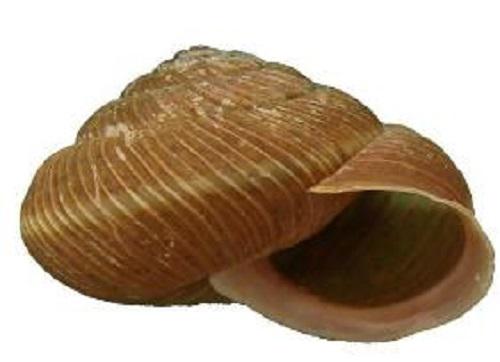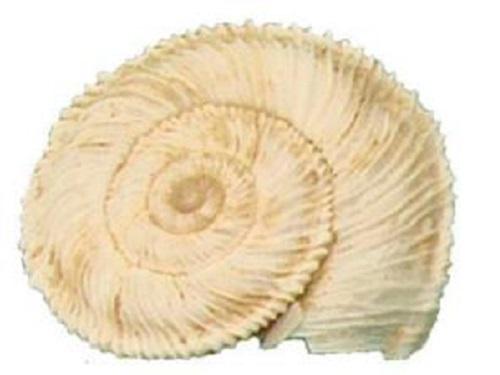Levan Mumladze
Other projects
31 Aug 2011
Evaluating of Forest Snail Endemicity in Georgian Transcaucasia – A Preliminary Study
I plan to evaluate some range restricted mollusc species based on IUCN criteria and prepare the list of candidate species for nominating specific conservation status. As in 2015-16 the new Georgian national red list must be adopted, inclusion of most vulnerable molluscs is core importance to guarantee the protection of them (and relevant habitats).

Oscarboettgeria euages (Point s9).
Taxonomic diversity or the treats facing the diversity is significantly underestimated in the Caucasus hot-spot. Gathering the data and choosing proper conservation priorities is a key step in achieving conservation targets. During the previous project important baseline information was acquired which helps as to step further in invertebrate conservation in the Caucasus. Specifically the aim of current project is to evaluate 14 small/fragmented-range endemic and one globally threatened mollusc species according to IUCN criteria. I am going to achieve these by the detailed study of the distribution of target species to understand whether the small and fragmented ranges reflect true distribution or are a result of biased knowledge. I also plan to establish a program for population monitoring of selected species in order to observe a changes in the distribution and abundance. With these I also plan to assess the likelihoods of habitat disappearance as a surrogate of extinction risk of the studied species.

Kalitinaia perspectiva (Point s14).
As a result I will provide detailed and fairly complete data of high conservation value for target invertebrate taxa. Based on these data it will be possible to objectively judge and evaluate species specific treats of some species which in turn can be only way for future conservation planning.
The result of this project will be the first case in Georgia (and in the Caucasus to my knowledge) of applying conservation status to invertebrate animals based on objective assessment according to IUCN criteria. This will help to establish programs for monitoring of red-listed species and provide some legal tools for conservation of species and their habitat. I also hope that the project will trigger other conservation ideas dedicated to invertebrate animals as well.